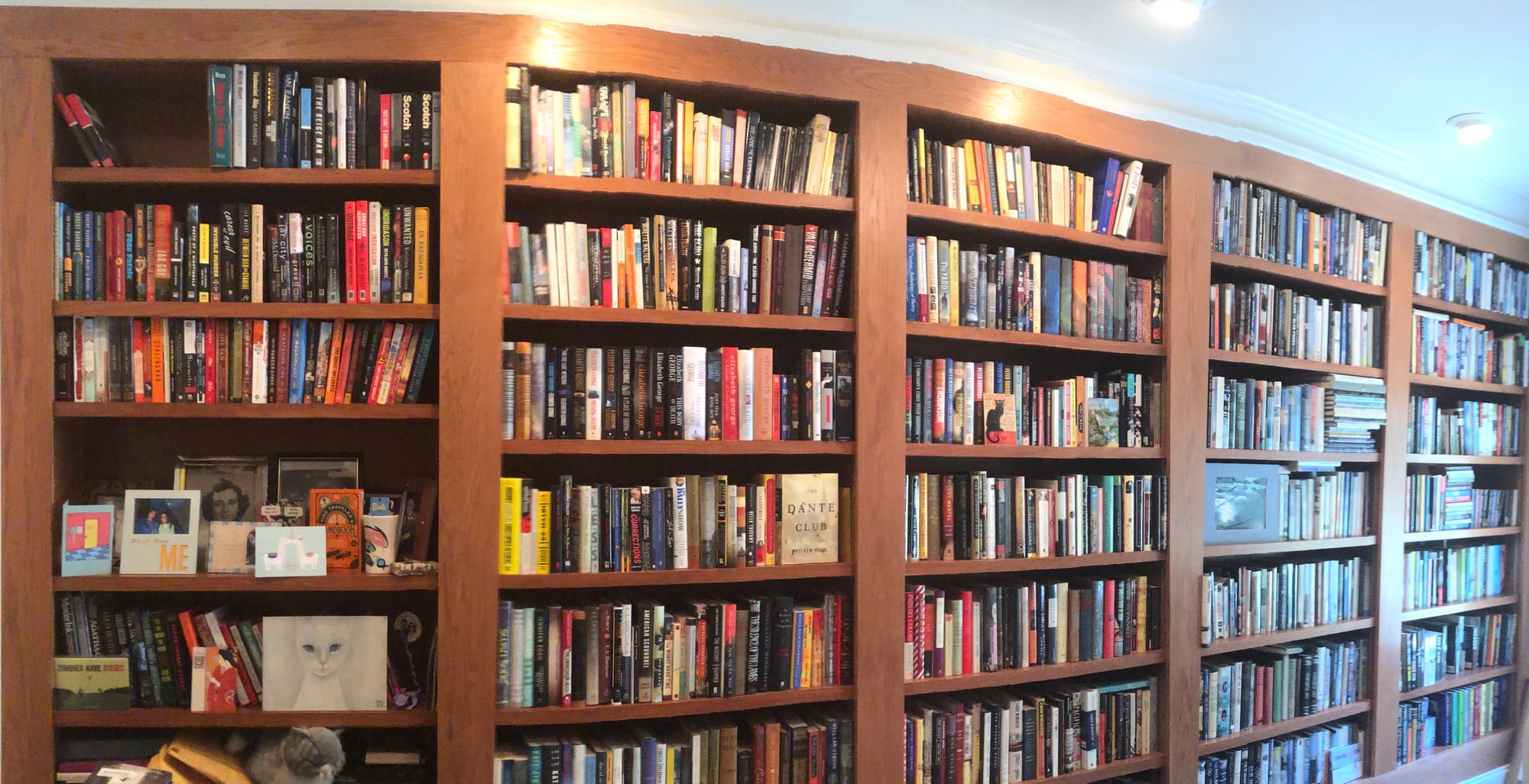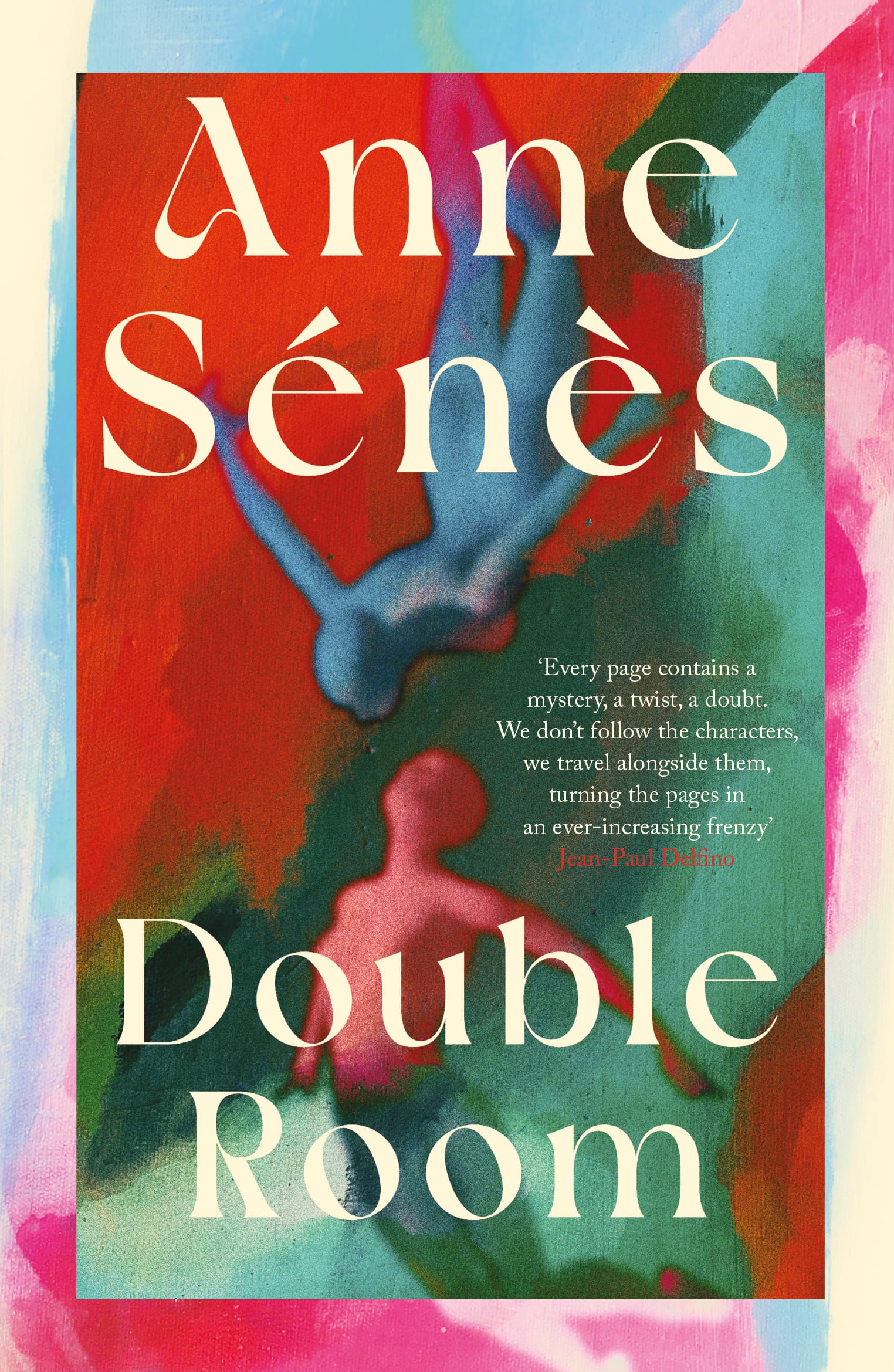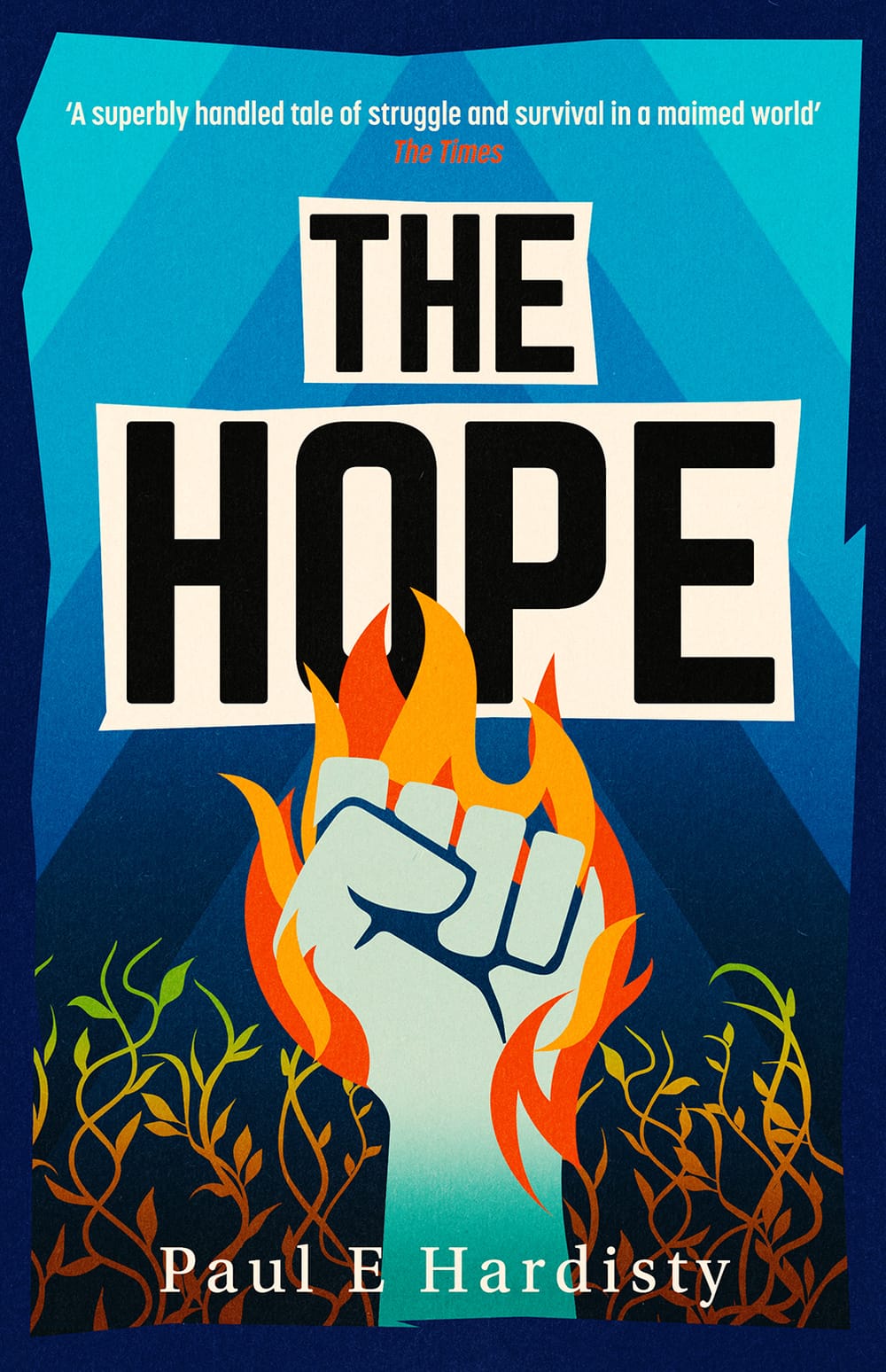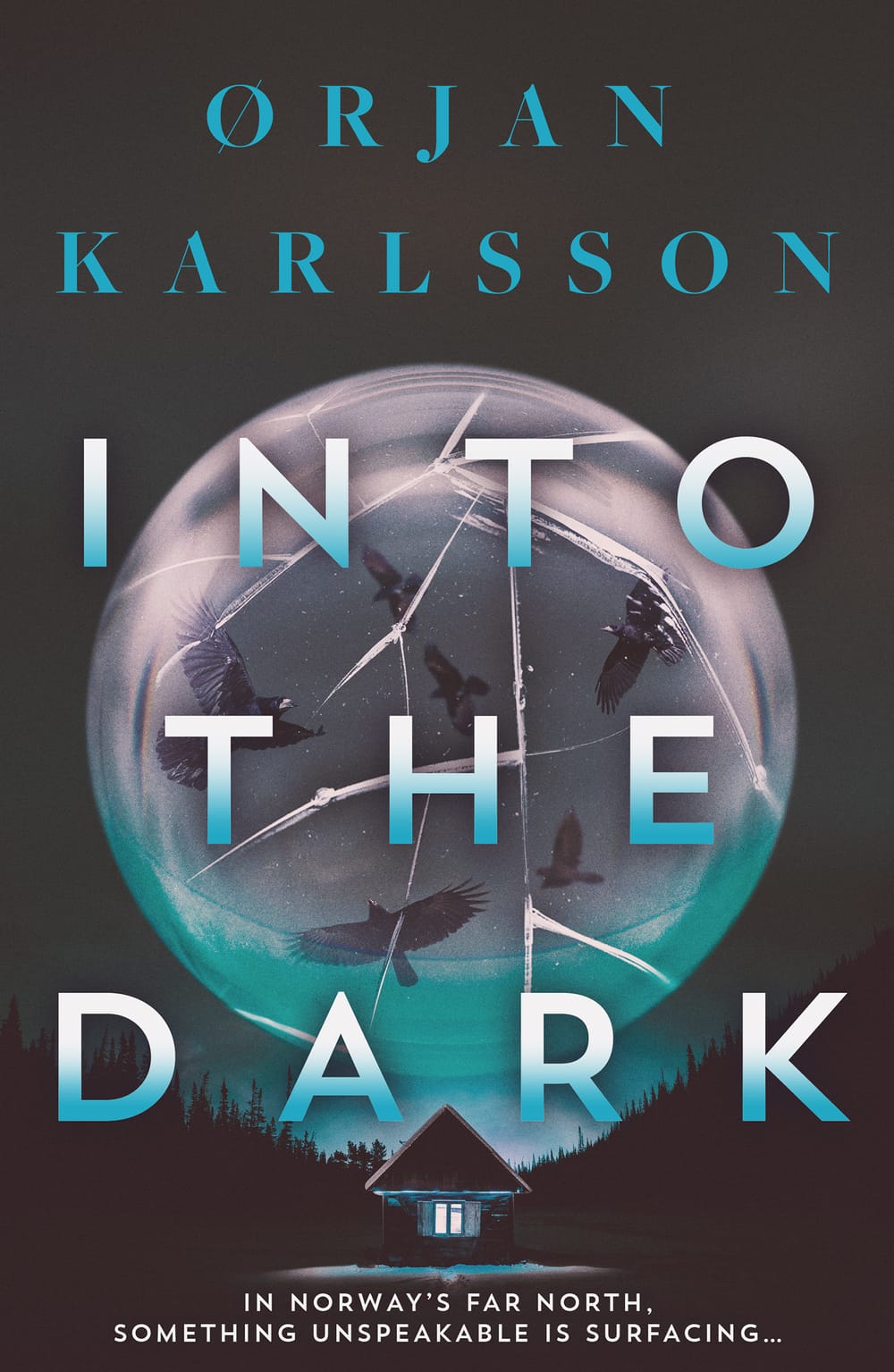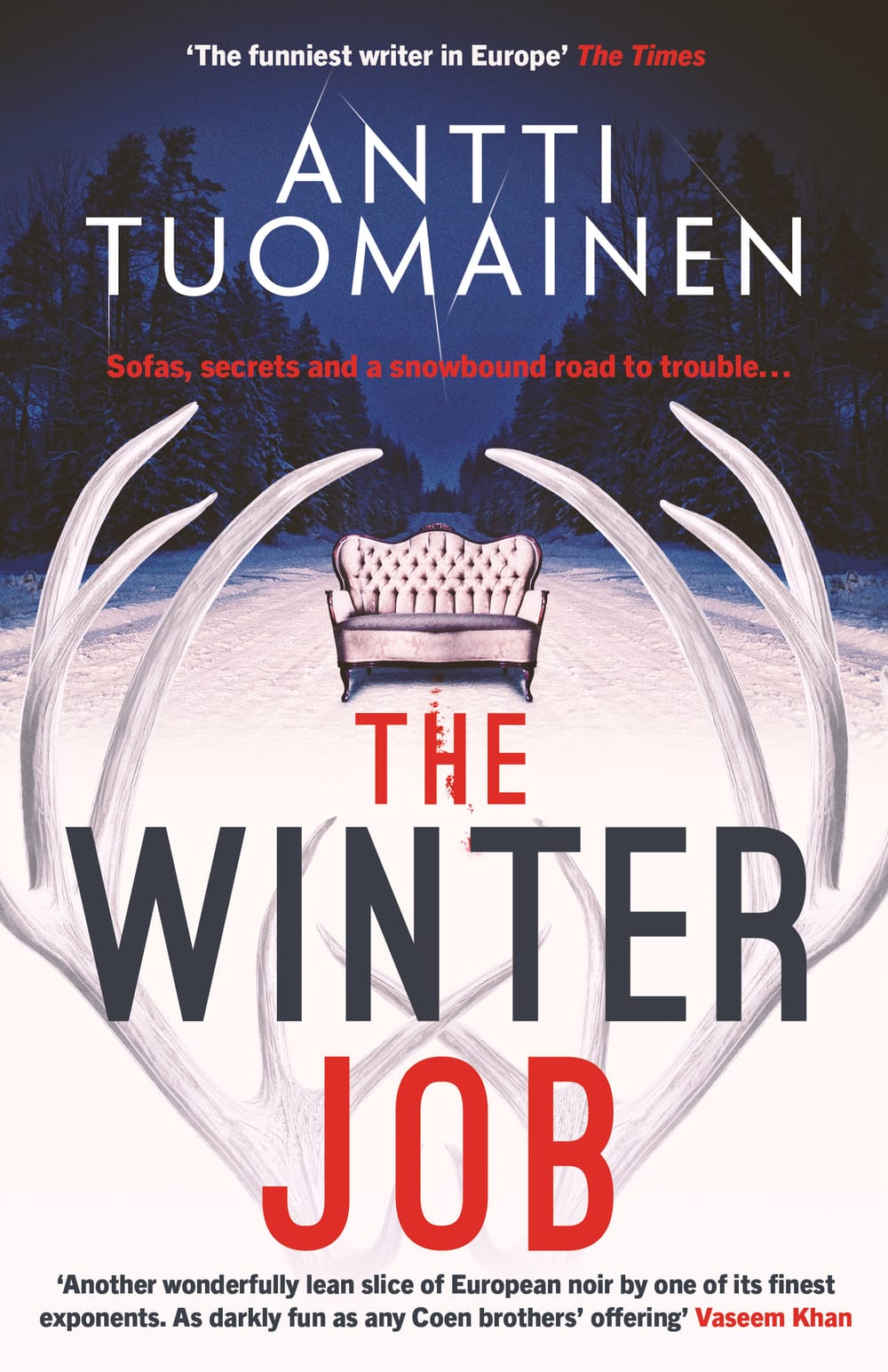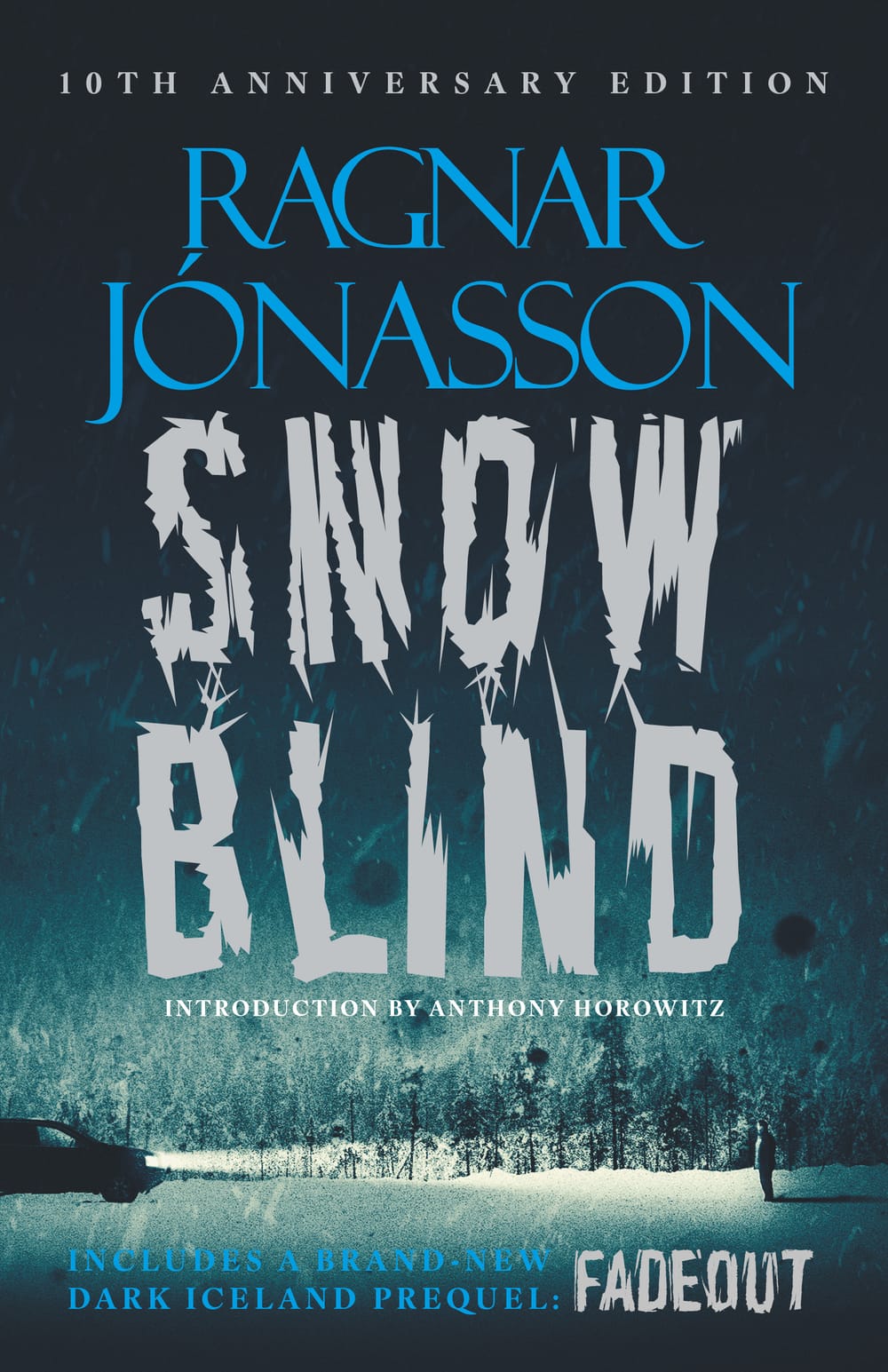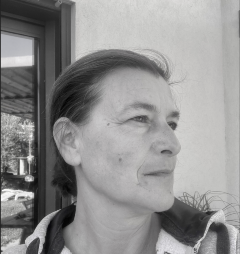
Anne Sénès was born in Paris and studied at the Sorbonne, where she obtained a PhD in English studies. Her passion for Anglo-Saxon literature and culture has taken her all over the world, from London to Miami, passing through the south of France. She is currently based on the Mediterranean coast, where she works as a journalist and translator. "Chambre Double" ("Double Room") is her first literary novel. "Double Room" was translated from the French by Alice Banks.
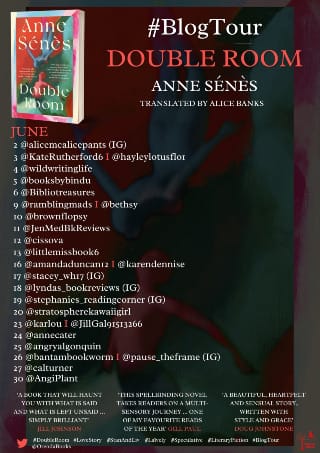

I've read quite a few books in which the narrator's grasp of reality was tenuous at best, even doubting their own sanity. Narrators are often unreliable. But in "Double Room", Anne Sénès uses the first-person voice to create a character whose words and actions made me question my own perception of reality. It made for a thrilling and disturbing read.
"Double Room", (a title with multiple interpretations) is a story filled with immense joy, intense emotions and very contemporary terrors. It's narrated by Stan, a music composer and a synesthete. Synesthesia is a fascinating phenomenon in which someone processes sensory input in unusual ways, e.g. experiencing emotions as tastes and smells.
Because Stan writes music, he associates music with colors, and experiences a wide variety of synesthetic reactions depending on his current mood and environment. As a child, he felt like an outsider because he knew he experienced the world differently from other people. Music was the one thing that helped. He explains:
Sénès uses Stan's synesthesia to create fantastical and discordant descriptions of his experiences:
At its heart, "Double Room" is an unusual love story that we learn about via Stan's memories. Twenty years ago, Stan met his wife Liv when he was scrabbling for work as a composer, writing music for a play for which Liv was the makeup artist. The play (which sounds like a hilariously bad version of "The Picture of Dorian Gray") never makes it, but Stan and Liv marry, and make a life together, with their daughter Lisa. Stan's stories about Liv, Lisa, and their life together are intensely romantic. He's achieved success as a composer; Liv is still working in the theater, and Lisa is beloved by both parents.
The book opens twenty years later in the present, after what Stan refers to as "the tragedy". With Liv no longer in his life, Stan lives with his daughter Lisa, partner Babette and her surly teenage son Téo. He loves Lisa very much and cares about Babette, although he doesn't particularly like Téo. But there is another important presence in their household: Laïvely, an artificial intelligence (AI) device that Stan calls his "automated home assistant". She speaks in a voice resembling Stan's late wife, Liv. "Laïvely" is a combination of Liv and a friend's name, but also calls forth "lively", "alive" and "naïve". Interesting name for a simple AI device.
How did Laïvely come to be? Apparently, after the tragedy, Stan asked his friend David to help him build an electronic device to evoke Liv's presence. David has a type of extrasensory perception when it comes to electronic components. Sénès' descriptions of David's special relationship with these devices mirrors Stan's synesthesia.
The two of them, using nothing more than some wires, connections, data inputs, and sounds, brought Laïvely to life. But what does it mean to bring an AI device "to life"? Laïvely senses Stan's mood and plays music, speaks soothing words. She reminds Lisa to take her books to school and when to go to bed. She's a warm and comforting presence in the household.
Then one morning Laïvely, who has no camera or any visual abilities, announces that Téo has worn the same shirt three days in a row. Stan is baffled; how did she know? Later when angered, Laïvely punishes Stan by slamming a kitchen cabinet into his face, giving him a bloody nose. Stan admits that "This thing is driving me crazy." This was the point when I began to question which events and memories were real, and which were merely Stan's perception of reality. If Stan is sane, could it be that Laïvely has evolved into something more sinister? If not, how much of what Stan has told us is true, and how much comes from his fevered imagination?
As we learn more about Stan's life with his wife and daughter in the past, his life in the present seems to be slowly but inexorably falling apart. He becomes alienated from Babette, who desperately tries to help Stan, but cannot penetrate his inner world. Stan withdraws into a place in which only he and Laïvely seem to exist.
This effect is heightened toward the end, when Sénès uses the book's structure to further blur the line between reality and imagination, sanity and madness. I flipped back and forth between the later chapters thinking that my understanding of the book's events was faulty. It was a fascinating experience that showcases Sénès' prowess in opening a window into the mind of a person who is slowly losing his grasp on reality.
I enjoyed "Double Roon" on multiple levels: as a novel, a psychological mystery, and an astute viewpoint regarding the potential perils of "self-aware" AI. "Double Room" asks whether AI is a boon to mankind, the worst thing to ever happen to it, or something in between?

Please buy/order "Double Room" from your local independent bookstore, or go to bookshop.org and order there. They now offer ebooks as well.

For audiobooks, go to libro.fm.

